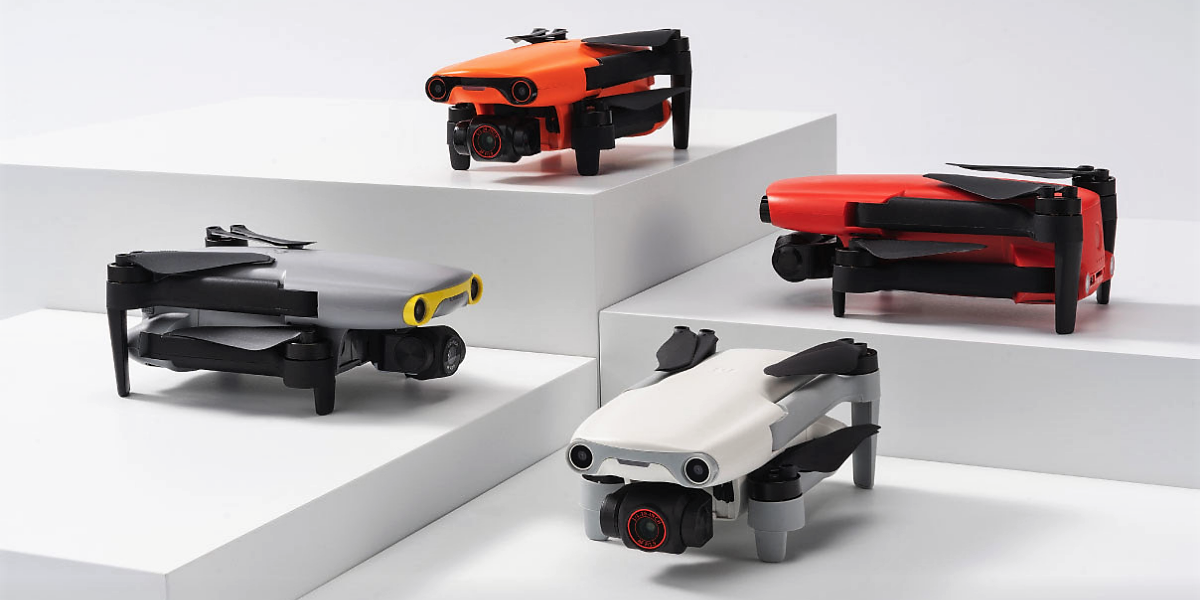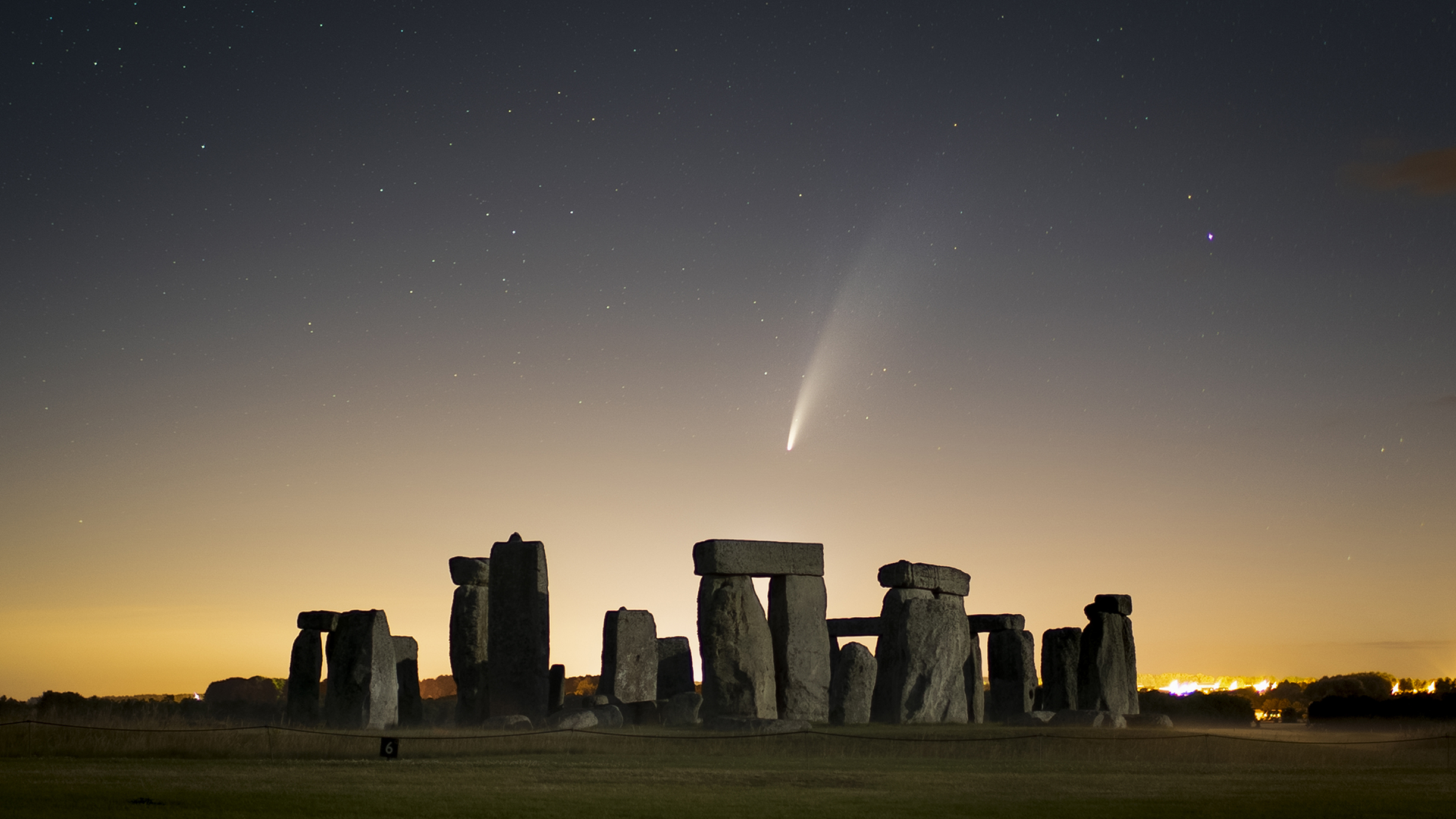Autel Robotics makes four lightweight drone launches in one day
Launching its sub-250g Autel Nano and their new Evo Lite in multiple versions, Autel has caught a lot of attention

Autel Robotic’s Chinese parent company has finally announced its entry into the lightweight drone space with the new Autel Nano, after a rapidly accelerating rumor mill spilled many of the beans.
Coming in under the 250g limit set by the FAA and European agencies for registration makes selling drones to enthusiasts and professionals easier (no one likes red tape), and they’re safer to operate.
• Read more: Best camera drones
DJI has had its Mini series in this space since October 2019, and it looks like Autel is going straight against the higher end DJI Mini 2 with its new Autel Nano by giving it a matching 4K camera and 12MP sensor. The drone has a 10Km (6.2m) transmission range, like the Mini 2. Autel has also offered the chance of more collision sensors than DJI offers – forward, down and rear, whereas DJI just has the downward-facing landing sensors on its Mini series.
That said, Autel has opted to split the new product line into two right from launch, as customers will be able to choose between the regular Nano and the Autel Nano Plus. Only the Nano has all three obstacle avoidance sensors, plus a larger half-inch sensor and HDR. This seems to logically echo DJI’s creation of the DJI Mini SE, and it’ll be interesting to see if Autel restricts certain product tiers to certain regions as DJI has done.
The new Nano series is being offered in striking color combinations, including the well-known Autel Orange, Arctic White, Deep Space Gray and Blazing Red. The launch price is $649 (approximately £470 / AU$ 880) while the Nano Plus comes in at $799 (£580 / AU$ 1100).
Autel Evo Lite
Not forgetting content creators, the manufacturer also took the opportunity to announce the Autel Evo Lite.
Get the Digital Camera World Newsletter
The best camera deals, reviews, product advice, and unmissable photography news, direct to your inbox!
The slightly larger drone, coming in at 820g, sports up to a 1-inch sensor, with its 50MP power capable of capturing HDR (which isn't a dissimilar similar camera to that of the Autel Evo II, which weighed 1,150g). The Evo Lite has no pixel binning from its RYYB color filter array (rather than the usual RGGB).
Like the Nano, the Evo Lite also has active tracking, programmed flight modes and can stay aloft for up to 30 minutes. The drone also seems to have the same forward/backward / downward sensing capabilities, though in this instance – where the competitor seems to be the 5.4K resolution DJI Air 2S – that is actually one less than DJI’s equivalent, which also has upward sensing.
Again Autel is offering two versions of the Evo Lite model; this time both feature the obstacle avoidance systems, but the choice is between a 1/1.28-inch CMOS sensor and the 1-inch, which is the Lite+, with a 20MP sensor and 6K 30fps but an adjustable aperture (f/2.8-11) and a defog mode that is designed to reduce haze.
The Evo Lite+ is being offered for $1,249 (£ 925 / AU$ 1,725).
With the DJI Mavic 2 now being listed as discontinued and rumors of the DJI Mavic 3 being discussed everywhere drone pilots gather, it’s a great time for Autel to steal the show. One drone would have done that, but the company has gone all out with two (well, four if you count the different flavors). The commercial logic of the Nano series can’t be argued with the holiday season coming up, and the gift potential of a smaller drone.
Read more:

With over 20 years of expertise as a tech journalist, Adam brings a wealth of knowledge across a vast number of product categories, including timelapse cameras, home security cameras, NVR cameras, photography books, webcams, 3D printers and 3D scanners, borescopes, radar detectors… and, above all, drones.
Adam is our resident expert on all aspects of camera drones and drone photography, from buying guides on the best choices for aerial photographers of all ability levels to the latest rules and regulations on piloting drones.
He is the author of a number of books including The Complete Guide to Drones, The Smart Smart Home Handbook, 101 Tips for DSLR Video and The Drone Pilot's Handbook.
